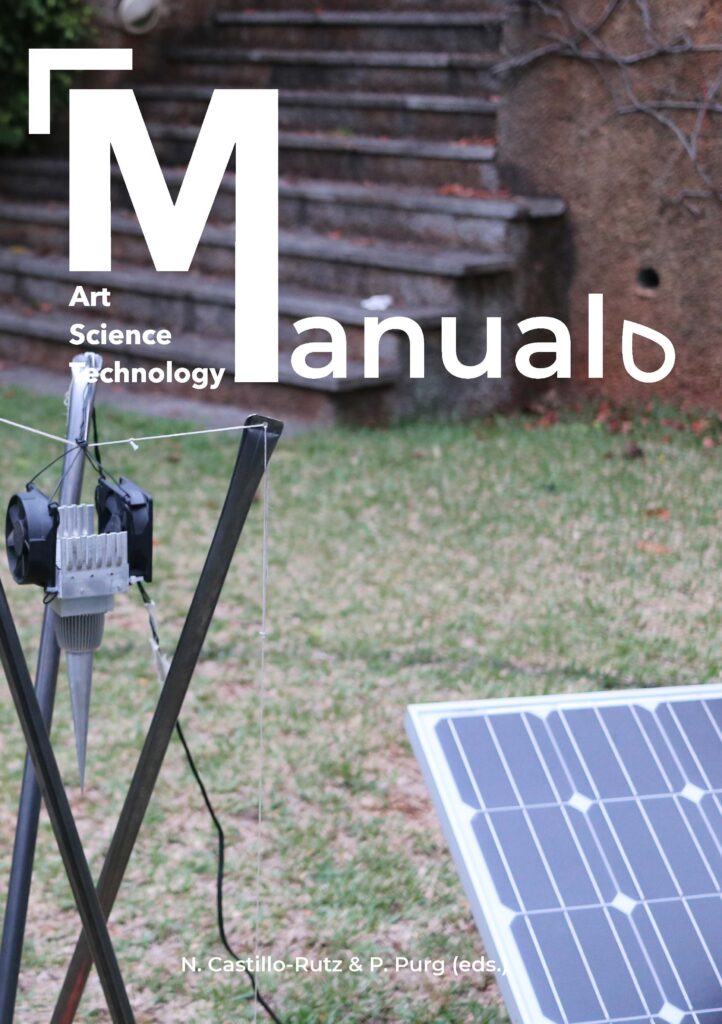The MAST Manual is is the key result of the project, collecting the overall knowledge legacy from the MAST project: gathered between April 2018 and November 2020 through over 20 (intensive learning, “pop-up”, symposium, “Interfacing academy” etc.) events and over 60 meetings of the project group. MAST involved over 30 artists, scientists, curators, innovators, activists from across creative and cultural industries, as well as technology and natural sciences, social sciences, and humanities and developed a curriculum for rethinking social values, if not completely re-imagining or even practically redesigning the future world. 50 students and alumni have experienced the manifold intensive workshops, symposia, festival events, exhibitions and critical round tables that reached out to over one thousand external project stakeholders. Their feedback was translated into the criteria for the selection of contents for this MAST Manual. The MAST Manual furthermore gives backgrounds on teaching and research in the (seeming) paradox between Social Values and the science-based technological progress, presents the emerging graduate profile of an innovation catalyst, and embeds it within the developed module syllabus — this is clearly indicated by its title: “MAST Manual. Art Science Technology Education for Innovation through Social Values”.
The Innovation catalyst profile is to facilitate the actual innovation process through the MAST curriculum that introduces art thinking as its key stage, before design thinking in the innovation cycle that is structured along ten key stages. The Manual can, but must not necessarily be read in linear form. For deeper reading on certain topics, the Manual in several of its’ parts links out to further documents and documentations (incl. ample video materials from symposia, round tables, lectures etc.) at the mastmodule.eu website. The models, experiments and inspirations presented in the MAST Manual have particular value for innovation, art and design educators interested in new methods and tools to develop teaching and learning approaches that involve a broad range of stakeholders of a much-needed novel pedagogy, both innovative in and critical of itself. This deliverable is publicly listed as FIRST among other Public Project Results on the project website at https://mastmodule.eu/results/.
The Manual is accompanied by a special publication “Spatial Experiments in Art, Science and Technology” that act outside of the project (is not a deliverable, but to be presented alongside Manual at the website, as a side-legacy product) but deepens and expands the analysis of A-S-T cases for crucial target groups, as well as further contextualizes the MASt -developed methodologies.

